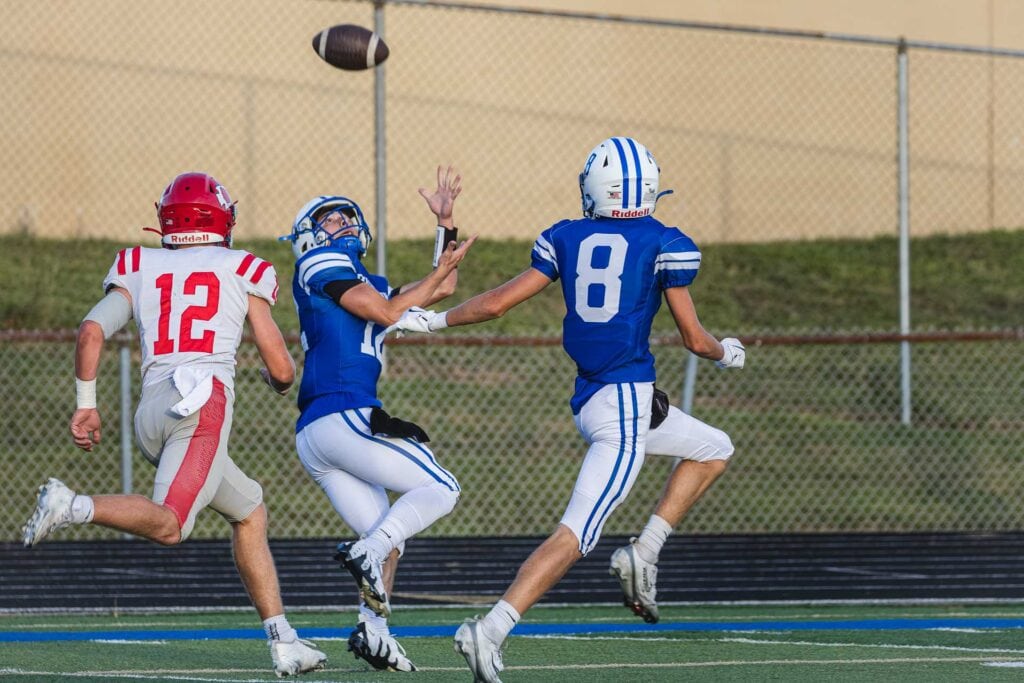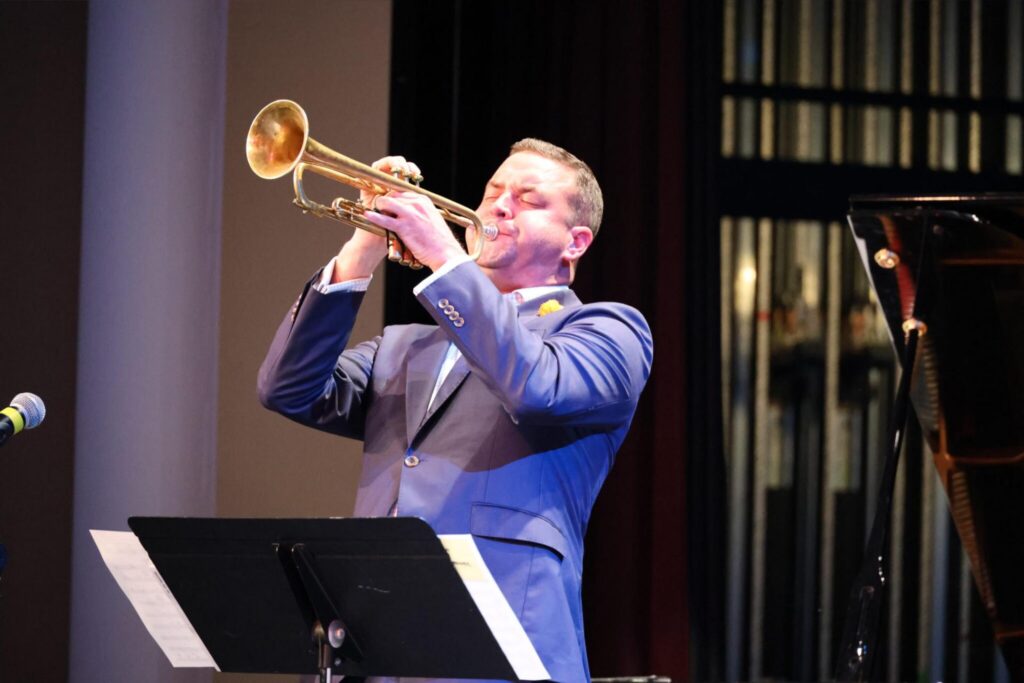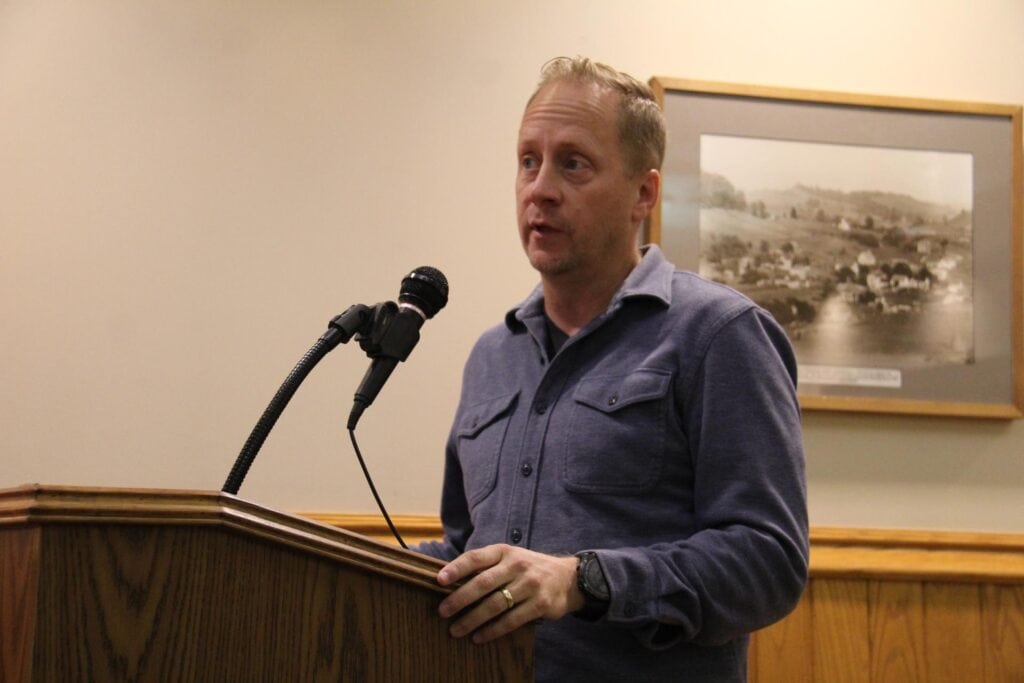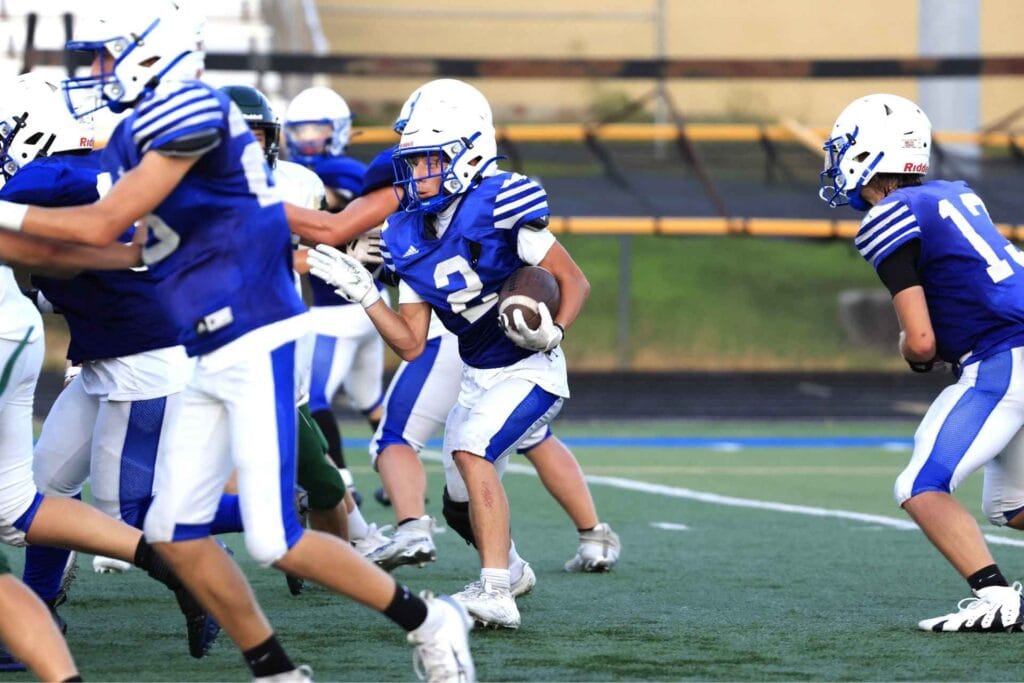A West Virginia University researcher is investigating how a type of white blood cell that makes antibodies, called a B cell, may influence whether depressed patients respond well to pharmacological treatment.
Elizabeth Engler-Chiurazzi, a research assistant professor in WVU’s School of Medicine, and her colleagues at WVU are among the first researchers to make the connection between B cells and the effectiveness of antidepressants.
“For a long time, we considered the immune system and the nervous system to be quite separate except for under very specific circumstances,” she said. “We’re learning more and more that is less and less true, and there’s actually a lot of interaction.”
Engler-Chiurazzi found that when a typical number of B cells were present, desipramine, a tricyclic antidepressant, was effective. But when B cell counts were low, the antidepressant failed to improve depression symptoms.
In particular, B cell–deficient models exhibited signs of “learned helplessness” even after the antidepressant was introduced. Learned helplessness, a sense of powerlessness that makes people less inclined to escape or change a bad situation, is especially common among people considering suicide.
Building on these findings, Engler-Chiurazzi conducted a preliminary study in which she infused some of the immunodeficient models with B cells, raising their B cell counts. She infused the rest with a placebo. This time, the models that received the B cell infusion exhibited less helplessness. In fact, they behaved similarly to “normal” models, with typical B cell counts, that were given an antidepressant.
“This is noteworthy because it shows us depression may be less related to the brain and its dysfunction and at least in part related to the immune system and its dysfunction,” she says.
One in five people worldwide will experience a major depressive episode each year, but about 30 percent of them don’t respond to antidepressants, said James Simpkins, the director of WVU’s Center for Basic and Translational Stroke Research and the leader of Engler-Chiurazzi’s research group. “And of those patients who respond, probably half of them don’t respond well,” he added.
Engler-Chiurazzi’s next step is to tease out what effect the quality—rather than the quantity—of B cells has on their ability to ameliorate depression.
“We know from the literature that depression is associated with a proinflammatory state,” Engler-Chiurazzi said, “and we know that as people age, they move more toward a pro-inflammatory immunology state. It’s called ‘inflammaging.’”
She plans to extract B cells from young and old preclinical models, purify them, inject them into depressive models that are B cell–deficient, and see if the “younger” cells are better at lightening the symptoms of depression. She hypothesizes that “younger” cells will have a more antidepressant-like effect than “older” cells will.
Even further into the future, Engler-Chiurazzi hopes to explore whether B cell counts can be modulated in severely depressed patients to relieve their symptoms. She also wants to investigate the prospect of using B cell counts to predict which patients will or won’t respond well to antidepressants.
“There’s a whole bunch of misery out there,” Simpkins said, “and if B cells could treat it, we’ve changed the whole game.”














